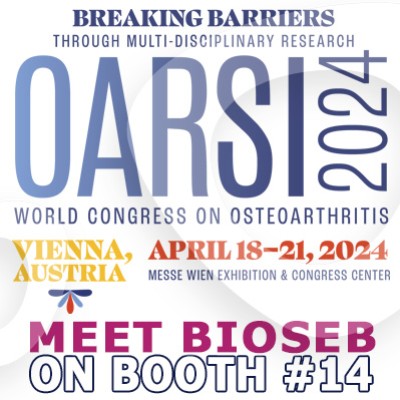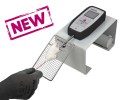Authors
V Coleman, P Sa-Nguanmoo, J Koenig, T J Schulz, T Grune, S Klaus, A P Kipp, M Ost
Lab
Department of Physiology of Energy Metabolism, German Institute of Human Nutrition Potsdam-RehbrŸcke, 14558, Nuthetal, Germany
Journal
Scientific Reports
Abstract
Mitochondrial dysfunction is usually associated with various metabolic disorders and ageing. However, salutary effects in response to mild mitochondrial perturbations have been reported in multiple organisms, whereas molecular regulators of cell-autonomous stress responses remain elusive. We addressed this question by asking whether the nuclear factor erythroid-derived-like 2 (Nrf2), a transcription factor and master regulator of cellular redox status is involved in adaptive physiological responses including muscle mitohormesis. Using a transgenic mouse model with skeletal muscle-specific mitochondrial uncoupling and oxidative phosphorylationÊ(OXPHOS) inefficiency (UCP1-transgenic, TG) we show that additional genetic ablation of Nrf2 abolishes an adaptive muscle NAD(P)H quinone dehydrogenase 1 (NQO1) and catalase induction. Deficiency of Nrf2 also leads to decreased mitochondrial respiratory performance although muscle functional integrity, fiber-type profile and mitochondrial biogenesis were not significantly altered. Importantly, Nrf2 ablation did not abolish the induction of key genes and proteins of muscle integrated stress response including the serine, one-carbon cycle, and glycine synthesis (SOG) pathway in TG mice while further increasing glutathione peroxidase (GPX) activity linked to increased GPX1 protein levels. Conclusively, our results tune down the functions controlled by Nrf2 in muscle mitohormesis and oxidative stress defense during mitochondrial OXPHOS inefficiency.
BIOSEB Instruments Used:
Grip strength test (BIO-GS3)

 Douleur - Allodynie/Hyperalgésie Thermique
Douleur - Allodynie/Hyperalgésie Thermique Douleur - Spontanée - Déficit de Posture
Douleur - Spontanée - Déficit de Posture Douleur - Allodynie/Hyperalgésie Mécanique
Douleur - Allodynie/Hyperalgésie Mécanique Apprentissage/Mémoire - Attention - Addiction
Apprentissage/Mémoire - Attention - Addiction Physiologie & Recherche Respiratoire
Physiologie & Recherche Respiratoire
 Douleur
Douleur Métabolisme
Métabolisme Système moteur
Système moteur Neurodégénérescence
Neurodégénérescence Thématiques transversales
Thématiques transversales Système musculaire
Système musculaire Functions de motricité générale
Functions de motricité générale Troubles de l'humeur
Troubles de l'humeur Other disorders
Other disorders Joints
Joints Système Nerveux Central (SNC)
Système Nerveux Central (SNC)
 Système sensoriel
Système sensoriel
